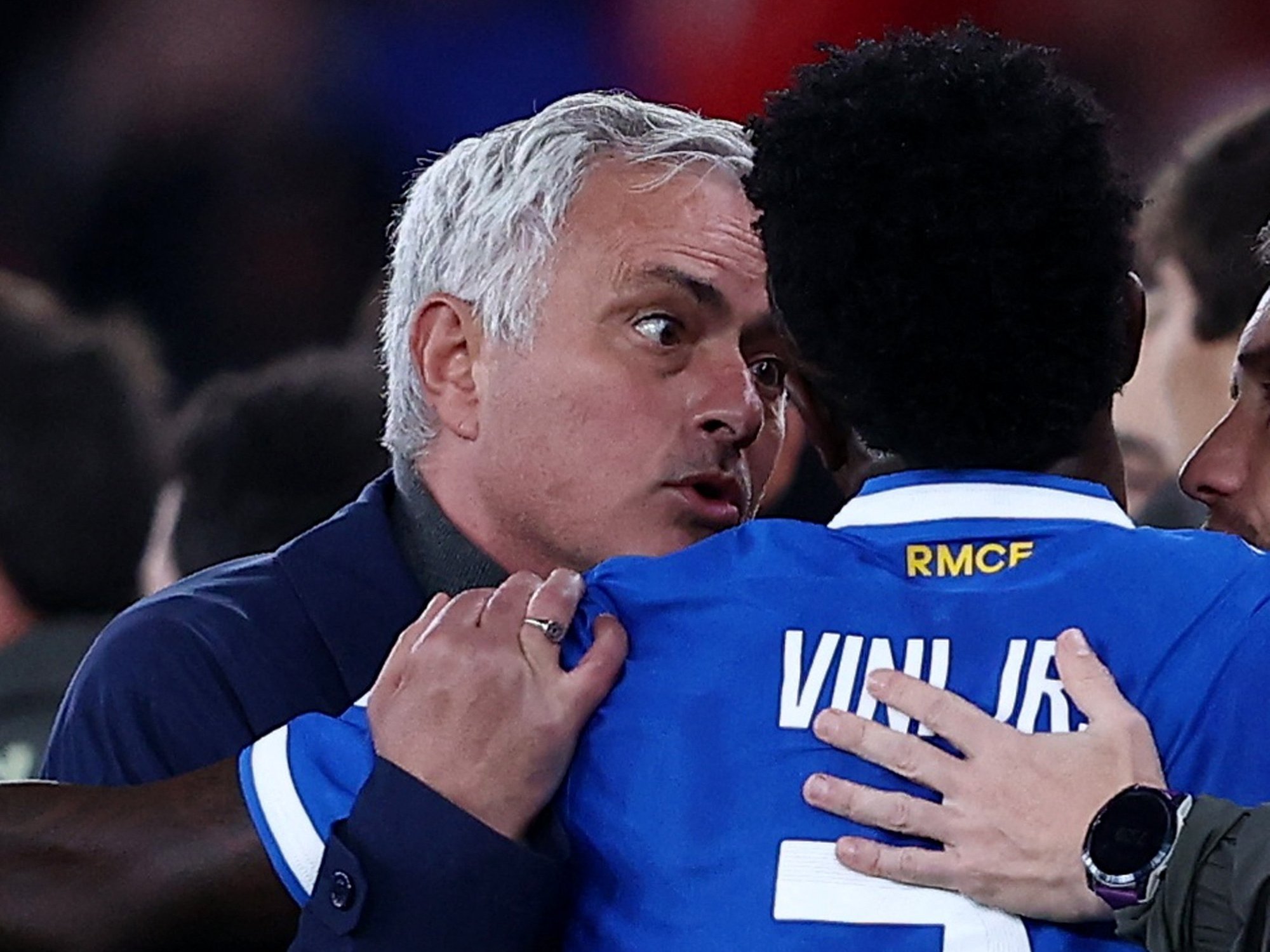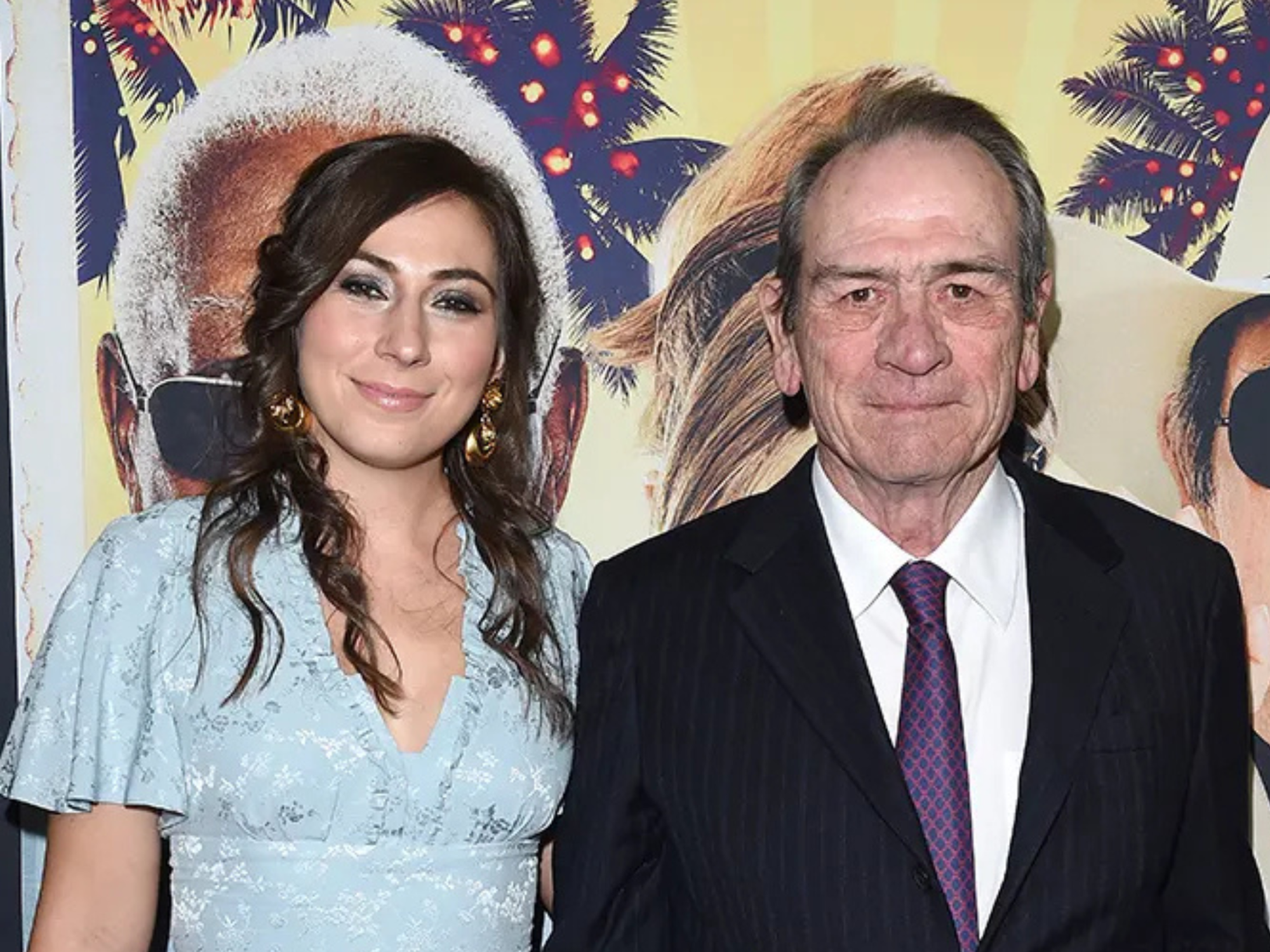BBC TV licence fee review launched as new rate confirmed - charge to increase from April 2024

The TV Licence fee will increase by 6.7 per cent in April 2024
|GETTY

A review into how the BBC should be funded in the future has been launched, the Government said today, as it announced how much the TV Licence fee will increase by
Don't Miss
Most Read
The TV licence fee will rise by 6.7 per cent, in line with the annual rate of CPI inflation in September 2023, next year the Government confirmed today.
It means the annual cost of a TV licence will be £169.50 from April 2024 - the equivalent of an additional 88p per month.
The TV Licence fee has been frozen at £159 for two years, but this will come to an end as planned in April.
The Government has changed the methodology for the increase, having previously used the averaged annualised October to September CPI figure, which would have meant a rise by nine per cent.
As a result of the change in methodology and the two-year freeze, from April next year the annual licence fee will be more than £20 cheaper than it would have been, the government said.
Culture Secretary Lucy Frazer has today launched a review into how the BBC should be funded in the future.
The review will be supported by a panel of independent experts soon to be announced from across the broadcasting sector and wider business world and will assess a range of options for funding the BBC.
Culture Secretary Lucy Frazer said: “This is a fair deal that provides value for money for the licence fee payer while also ensuring that the BBC can continue to produce world-leading content.
“We know family budgets are stretched, which is why we have stepped in again – following two years of licence fee freezes – to reduce this year’s increase to less than a £1 a month.
“But this settlement has highlighted other challenges faced by the BBC with the changing media landscape making the battle for audiences more competitive and the number of people paying the licence fee decreasing.
"This raises fundamental questions as to sustainability of the current licence fee system.
“So we are also launching a funding review of the BBC that will take a forensic look at the licence fee, and whether a reformed funding model could better support our national broadcaster to remain sustainable and affordable for audiences while driving growth in our creative industries.
"I want a thriving BBC, supported to inform, educate and entertain and this funding review will help us make sure we can deliver this for decades to come.”
LATEST DEVELOPMENTS:
The black and white TV licence fee will increase from £53.50 to £57.
Alex Tofts, TV and streaming expert at Broadband Genie, said: “An increase to the licence fee has been on the horizon for some months now, but thankfully it won’t take effect until April 2024.
“The reality is that the entertainment industry is becoming increasingly difficult to fund, with both terrestrial and pay-TV providers facing the difficult decision to either increase prices, or pump out more adverts.
“The cost of producing good quality content is increasing, and with the rise of Ultra-HD cinematography, there is even more pressure to create visually appealing programmes and films.
“Streaming customers are not exempt from price rises either, and while a 6.6 per cent increase to the licence fee will be unwelcome news to many, it pales in comparison to the 38 per cent rise facing some Disney+ subscribers this month.
“In fact, Disney+ customers in the UK will collectively see a price rise of up to £274 million per year, followed by £156 million for Amazon Prime members paying monthly, and £53 million for those with Apple TV+.
“There are ways to avoid the licence fee rise for those looking to save the pennies. When viewing on demand channels using your broadband connection, it is only the BBC that requires you to pay the charge. Using the likes of Channel 4 On Demand, or ITVX, will allow you to stream for free, provided you are willing to sit through ads.
“Be careful though, as you need to warn TV Licensing that you do not require one, or else you may be subject to an inspection.
“If you are over the age of 75 [and get Pension Credit], you are entitled to receive your TV licence for free, but there are still many pensioners out there that don’t realise this. TV can be a lifeline for elderly people, especially during the cold winter months.”










